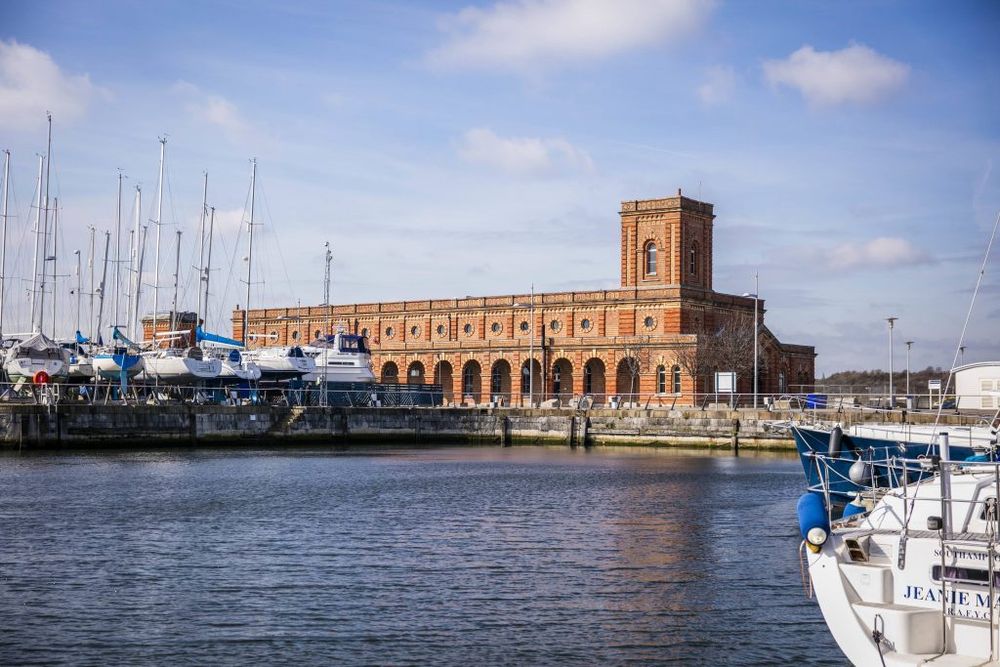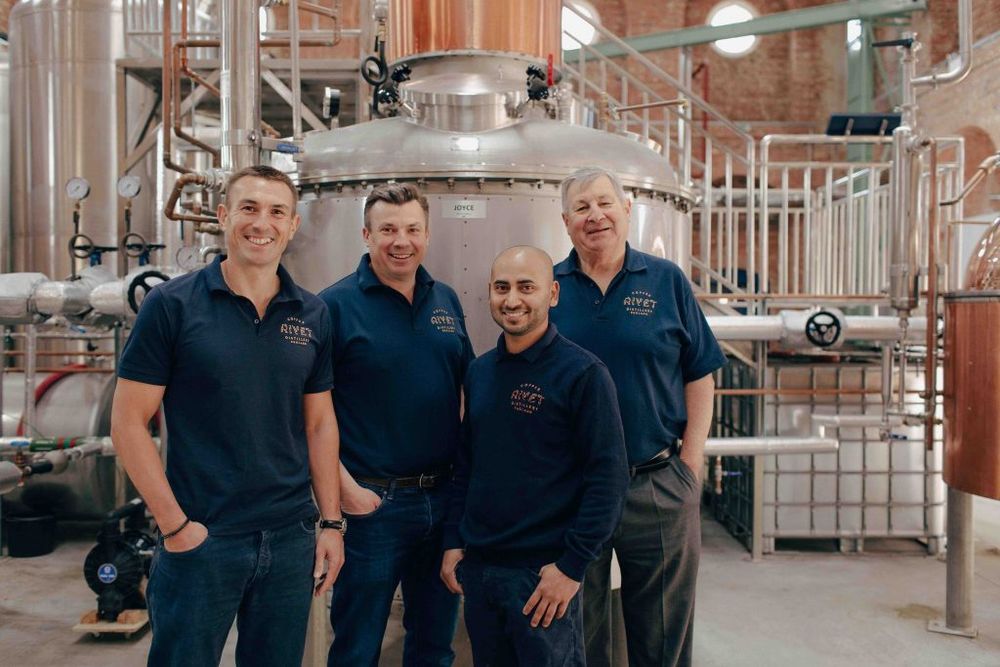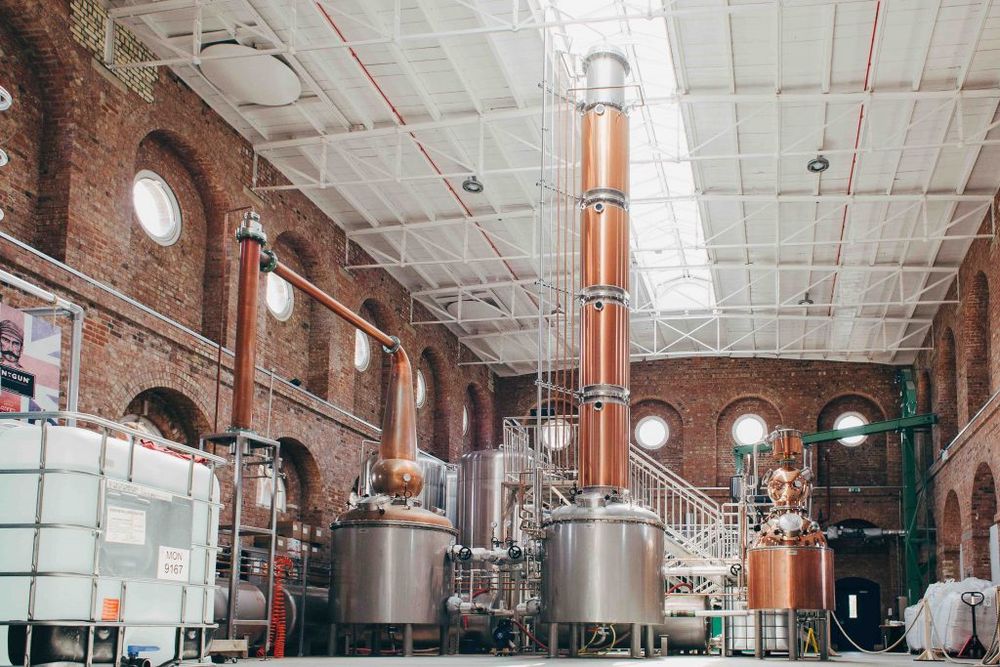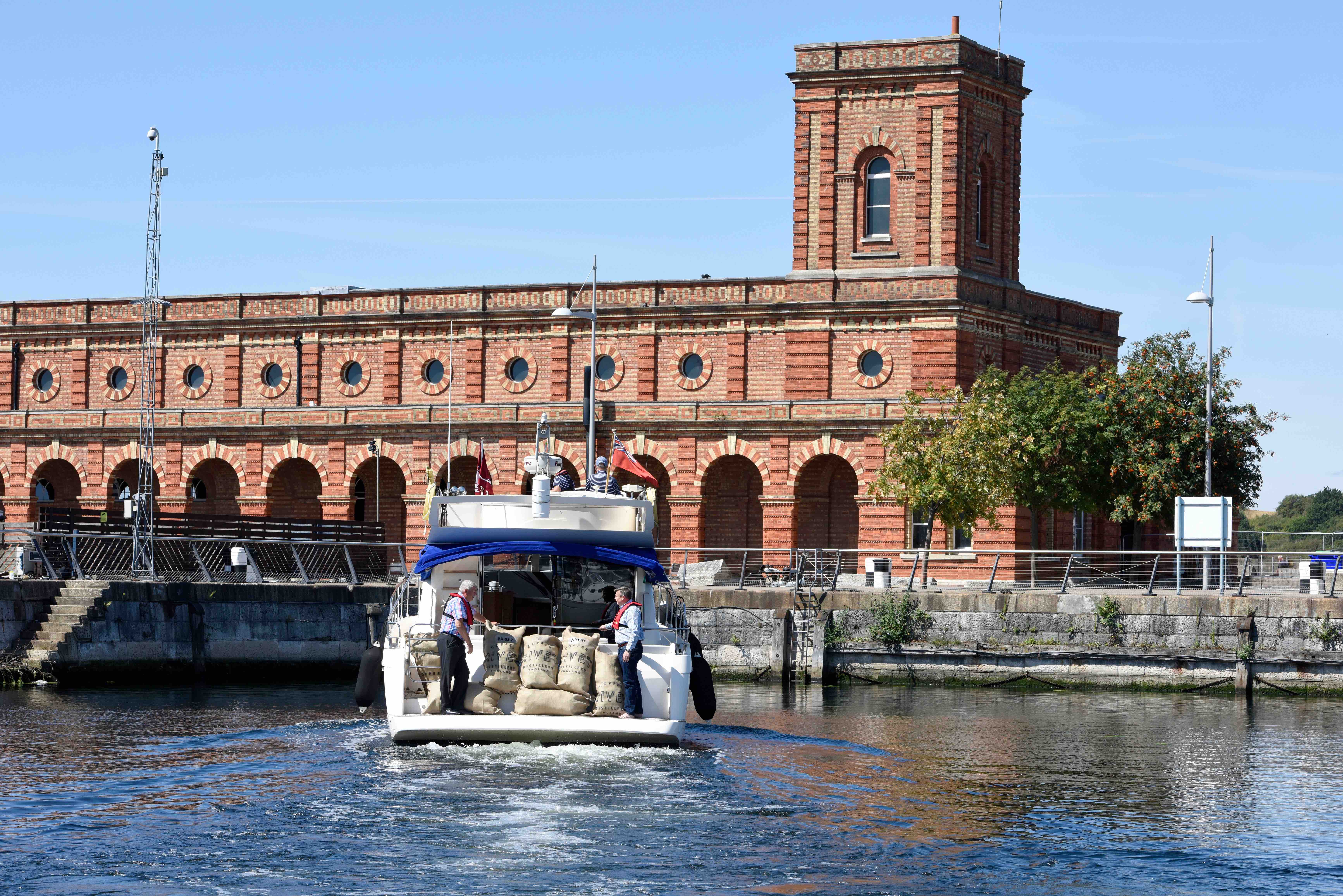What makes English whisky different to any other whisky? It’s a question that needs a better answer than you can currently get, admits Copper Rivet Distillery’s Stephen Russell.

The Copper Rivet Distillery is looking to lead the way in establishing clearer rules for how English whisky is made
As it’s in its infancy as a category and doesn’t yet have a reputation to precede it, the potential customer will be entitled to ask – is it any good? And it’s a valid question on so many levels, particularly as if you ask an English whisky distiller about the detail behind the category, they’re unlikely to be able to speak for the category as whole, and only for their own spirit.
Let’s take our Masthouse Whisky brand which will be released in 2020. By then it will have been matured for at least three years in American oak bourbon casks at the Copper Rivet Distillery where, just over 18 months ago, we milled specially grown Kentish barley, wheat and rye, mashed in the grist and then fermented the deliciously sweet wort before distilling the beer in Sandy, the whisky still we designed and made with local craftsmen. There are no additives. So the incredible tropical fruit and vanilla flavours coming through in our emerging whisky are uniquely the product of Kentish grain, fermentation and distillation – and then aged in casks in the distillery itself.
We know very clearly what Masthouse Whisky stands for: extreme quality, and the purity of provenance as a single estate, single harvest whisky. We’re doing everything we can to create a whisky which we intend will bear comparison with the very best made anywhere in the world. Indeed, we have published the Invicta Whisky Charter, to make plain the rules and parameters we will be using to distil our whiskies.
When consumers choose Masthouse Whisky, they will know that it is distilled by people who go the extra mile to ensure the whisky is a beautifully made, delicious and enjoyable spirit.
Why English whisky is unique

But, apart from gracious platitudes as a brother in arms, what can I say about English Whisky as a whole? It’s emerging, it’s exciting, there’s some really interesting things happening? What of its character? What does it stand for? What underpins the name? More importantly, why should anyone choose it?
English Whisky will stand or fall on how consumers perceive its quality. As a category it’s new, and there’s little product heritage or reputation for people to covet. Consumers will need an array of reasons to choose an English whisky.
If they knew that production is underpinned by standards chosen from best practices gathered from around the world – they’d have a reason to choose it. It will need more than this, though. So, we could leave room in our standards for innovation where we think it will advance the category and where it will enhance consumers’ enjoyment of the spirit.
English whisky also needs some personality, a character to which people can warm. England is a large and rich landscape with a diversity of long-held local traditions. This gives producers the opportunity to develop local or regional character to their whiskies as a complement to the national quality standard.
Currently EU law covers the key standards which must be met for a spirit to be called whisky or whiskey. Scotch whisky regulations, for example, expand on these to include further detail. English whisky should do the same. Some standards should be tight to create a high quality benchmark (for example, what do we mean by distillation?), some should be more fluid so we can allow for interpretation and experimentation (what type of wood can be used and the shape of the cask). Others could be left for tighter, regional definition.
Other questions we need to address include:
- Where should English whisky be made?
- Which parts of the process must be executed by the distillery?
- Should there be rules about where the whisky is matured, as in Scotland?
- What should be the rules on age statements and sub-classification of the spirit such as blends, single malts and so on?
- What does distillation mean?
- What standards should there be regarding the provenance of grains?
- Should we restrict the type of stills used, as in Scotland?
- What woods should be permitted for maturing the whiskies, and in what formats?

Stephen Russell is working with the WSTA to establish tighter guidelines on how English whisky can be made
The alternative to defining a set of common standards for English whisky is, at best, a shapeless and hard-to-define new category of spirits waving aimlessly at the back of the crowd, hoping to be noticed. At worst, there will be a chaotic proliferation of English barrel aged spirits, some of which may be unrecognisable as whisky; and many might not be distinguishable for their quality.
This would be a disaster for what is an incredibly exciting and promising category of spirits.
In all humility, it’s unrealistic to expect that Copper Rivet Distillery can, or indeed should, define English whisky’s standards, which is why we’re working with the Wine and Spirit Trade Association and inviting our colleague distillers to develop the future with us.
There is a very special opportunity at this moment for producers of English Whisky to come together and set out our stall. We can lead the discussion, pointing to what should be our key selling points as a community, and helping consumers to trust the integrity of English Whisky as a superbly made, delicious and interesting spirit.































